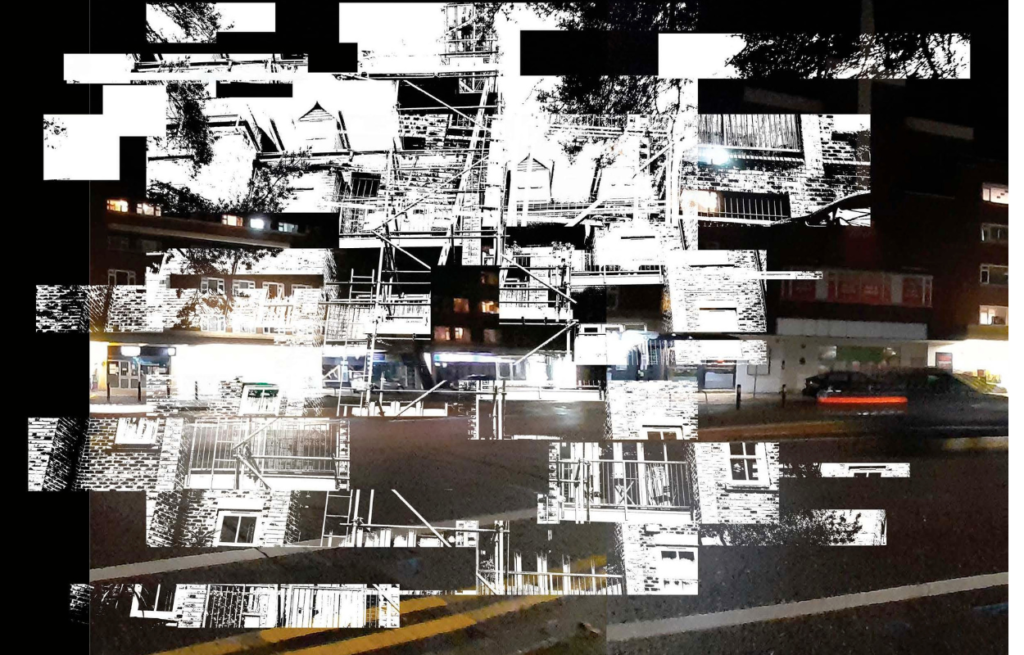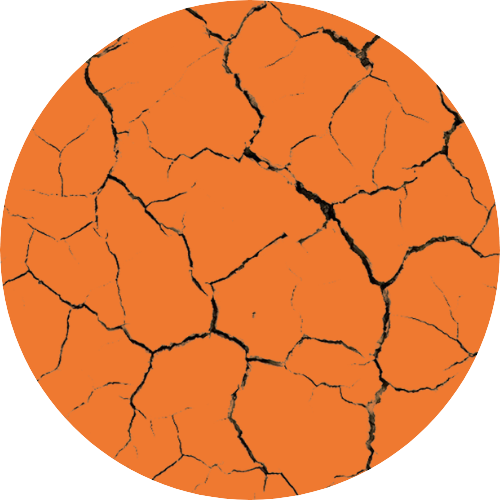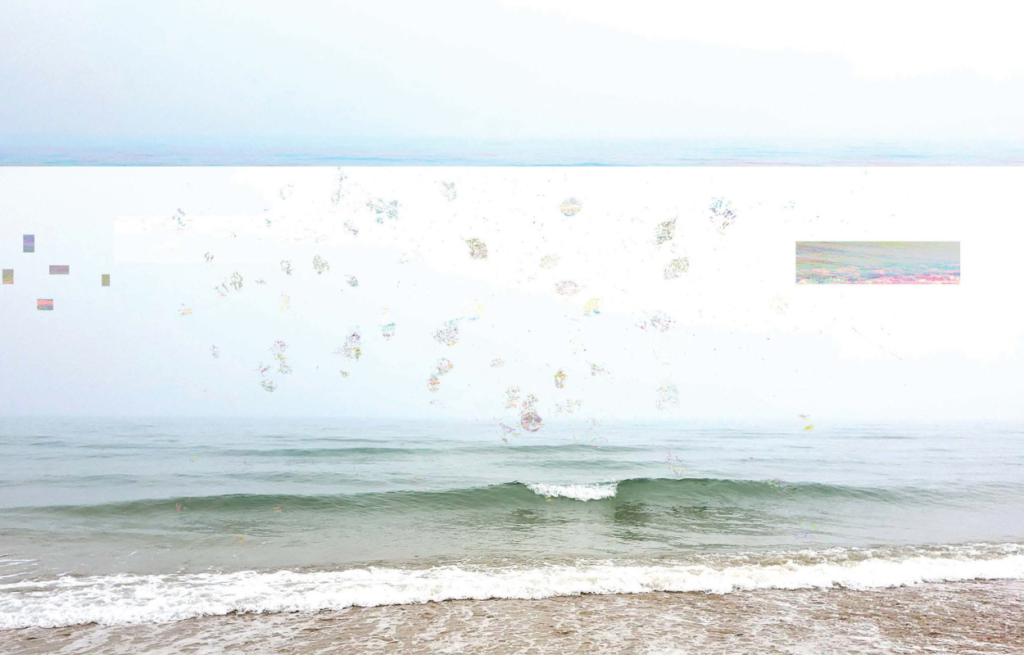The following is the opening excerpt from “Medicine for a Daydream” written by Christian Murphy.
I used to keep all my thoughts inside my head and not share them with anyone. Keeping others at a safe distance would allow them to observe what I had constructed without coming close enough to understand what I was really like on the inside. If the inner workings of my conclusions were made known, the foundation of my opinions would be exposed and the recontextualization of my identity would be inevitable by those around me. True feelings are liable to misinterpretation and the richness of one’s ideals can be reduced under a new examination of the uncovered – But that’s the story of general anthropology, putting history on trial using tools of human analytics and measurements to judge other peoples character flaws, weaknesses, and deficiencies – The value of what has been uncovered and pieced together in the light of new exposure can develop an image that rearranges opinion and revises a collectively held consensus of reality all together. The façade of personality that you have worked on for years can be demolished in an instant. Even if there is no personal investment, it’s a traumatic experience to see something broken down over time and weathered by the elements then reconstructed suddenly and fragmentarily. The result of this process is an exhibition of the newly formed and incomplete assumption of how we once were. It’s in this moment we are forced to come to terms with the solidification of judgement that is out of our control and emotional void we feel reflecting on the delicate time we put into our own manifestations of ourselves.

Any excavation, be it physical or psychological, that produces fragments of the past is met with a rush of conclusion to position the incomplete pieces within the whole and assign new meaning. This is a tactic in the phenomenon of uncovering elements of the past where we assign a speculative quality to the unfamiliar. Humans tend to label that in which we do not fully understand because if makes us feel like we have a handle on things, and furthermore it’s easier to let the impact of assumption dictate our thoughts instead of being thorough about understanding a situation that we did not experience directly. Unrestrained we are free to imagine the past as we see fit to serve our own naïve and advantageous vision of the world and each other. This is the same occurrence that takes place when you bring an object to someone that is foreign to their frame of reference. The impression and redefinition within their familiar setting is what the object becomes. Both the inflation of significance and the dismissal of the negative connotation within the unknown are easier alternatives to the truth.

What have you buried in the ground along with countless other artifacts?
Will you become more valuable when you die?
There is great relief in the loss of meaning when something is finally underneath the surface. Hidden under layers of sediment, we can finally put other people’s assumptions to rest. The remnants of the past are then swallowed up by land or sea and hidden in the recesses of our memory encapsulating them until the day they’re discovered. Aided by the fact that all our failed decisions are liable to sink under their own weight, we drop off what we don’t like about ourselves in the soil, hoping that it will be unrecognizable by the time others find it, hoping that we can learn to reinterpret our flaws over time.
However, we must come to the realization that everything buried will be unearthed someday. Just like the priceless artifact in the museum that enjoys a new life, a new meaning will take shape in our minds every time we allow ourselves to be re-exposed to the atmosphere after being submerged for so long. It’s the feeling you get when you look close enough into someone’s eyes knowing what they are holding back – Somewhere beneath everyone’s surface is the faint hidden message in the soul that says “Dig me up from underneath the layers I have accumulated so that I can see the sun once more!”. The true tragedy in uncovering the past then becomes the lost time an object or person has spent dormant waiting to be reactivated and not the re-interpretation or context of what lift will be like when it does so.
If we were to truly understand the meaning of the unearthed it would be the connection with the past world and past versions of ourselves, because just like the endless cycle of being lost and found we are predestined to live on forever. Through the constant pressure of composite layers weighing down on our identity the structure is fractured, and through the salvation of exposure we are made whole.
Therefore, I will use this beginning to uncover and reinterpret myself and my surroundings to continually construct my identity anytime-anywhere, and create the feeling of home one thousand miles away just like I never left.
Keep digging


Christian, It is a pleasure to see the blooming, unfolding, unearthing of a unique personality. Kudos to you “livingstone”.